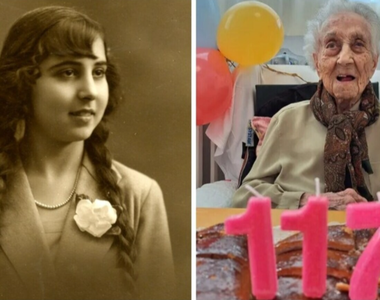
Researchers in Australia have discovered a gene responsible for a particularly aggressive type of hormone-sensitive breast cancer, which has a tragically low survival rate.
"Hopefully this will dramatically improve outcomes in patients," said Pilar Blancafort, epigeneticist at the Harry Perkins Institute for Medical Research.
At present, it is difficult to assess the association of this gene with the type of cancer. Even under the umbrella of "breast cancer" lie several types, such as hormone receptor-sensitive breast cancer, HER2 positive or non-hormonal; within these groups, there are even more species that may respond to treatments differently from each other.
"However, a small percentage of patients experience a very aggressive cancer that results in the worst outcomes of all breast cancers, with half of all women dying from the disease," Blancafort said.
In 2012, a group of researchers assigned a classification of breast cancer called Integrative Collection (IntClust), which divided breast cancer into 10 different subgroups - each with different genetic changes and clinical outcomes.
The team noted that IntClust2 tumors were characterized by a portion of the DNA on chromosome 11 being significantly amplified. This part of the chromosome has many potentially cancer-causing genes - called oncogenes - but one gene in particular, called AAMDC, prompted current researchers to investigate further.
"AAMDC can protect cancer cells from death and preserve their growth when the tumor is placed in conditions where nutrients are scarce," explains Blancafort.
This amplification of AAMDC has also been found in ovarian, prostate and lung cancers, so the result may be important for other cancers as well.
"This is a significant discovery," Blancafort said.

- Lung cancer: 1 in 5 people is not a smoker - other causes
- Breast cancer in men: The main signs and factors that increase the risk
- What I wish I had known, before I was diagnosed with breast cancer
- Factors that increase the risk of breast cancer
- How to take care of your breasts, depending on your age
- Breast cancer: Factors that cause it and common signs
Source: Science Alert





